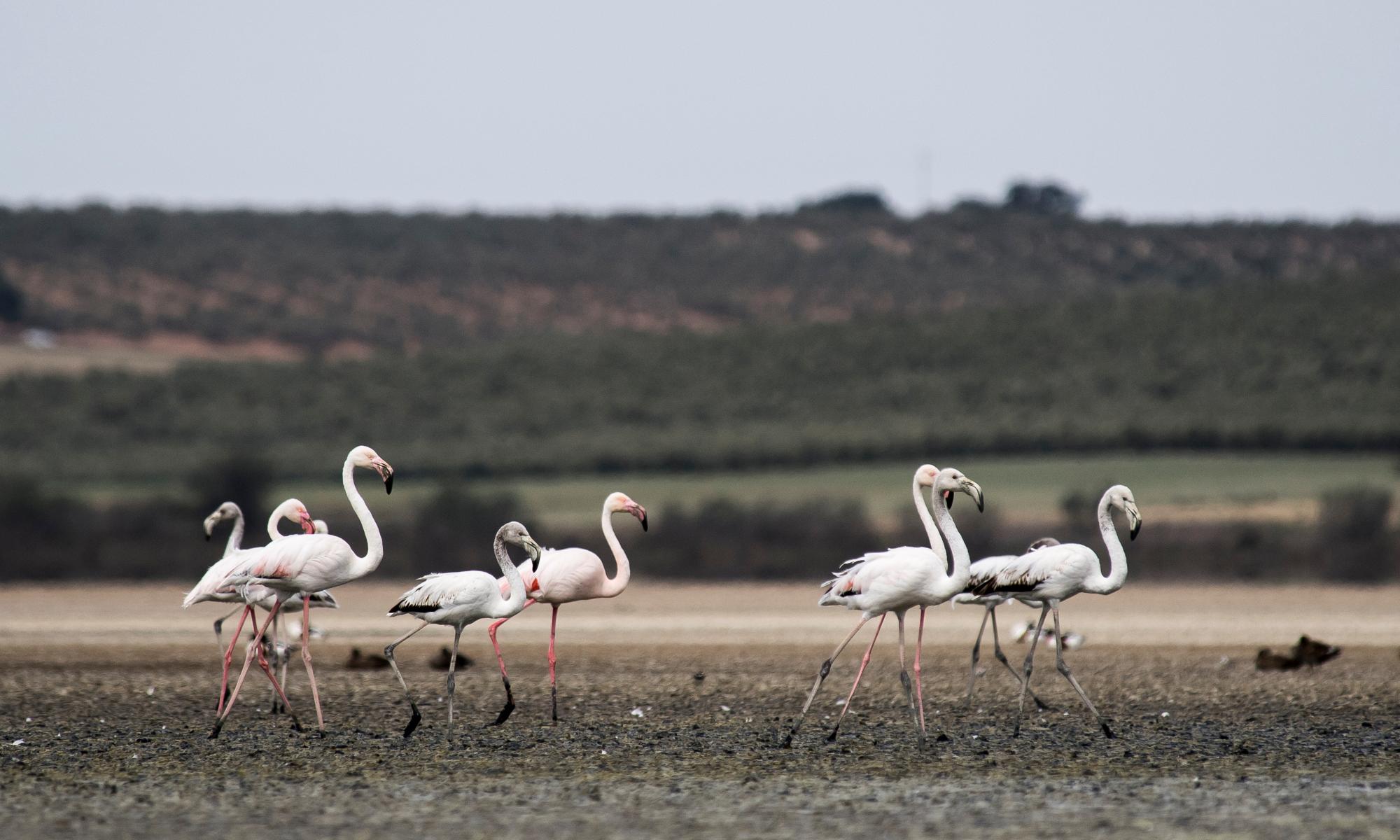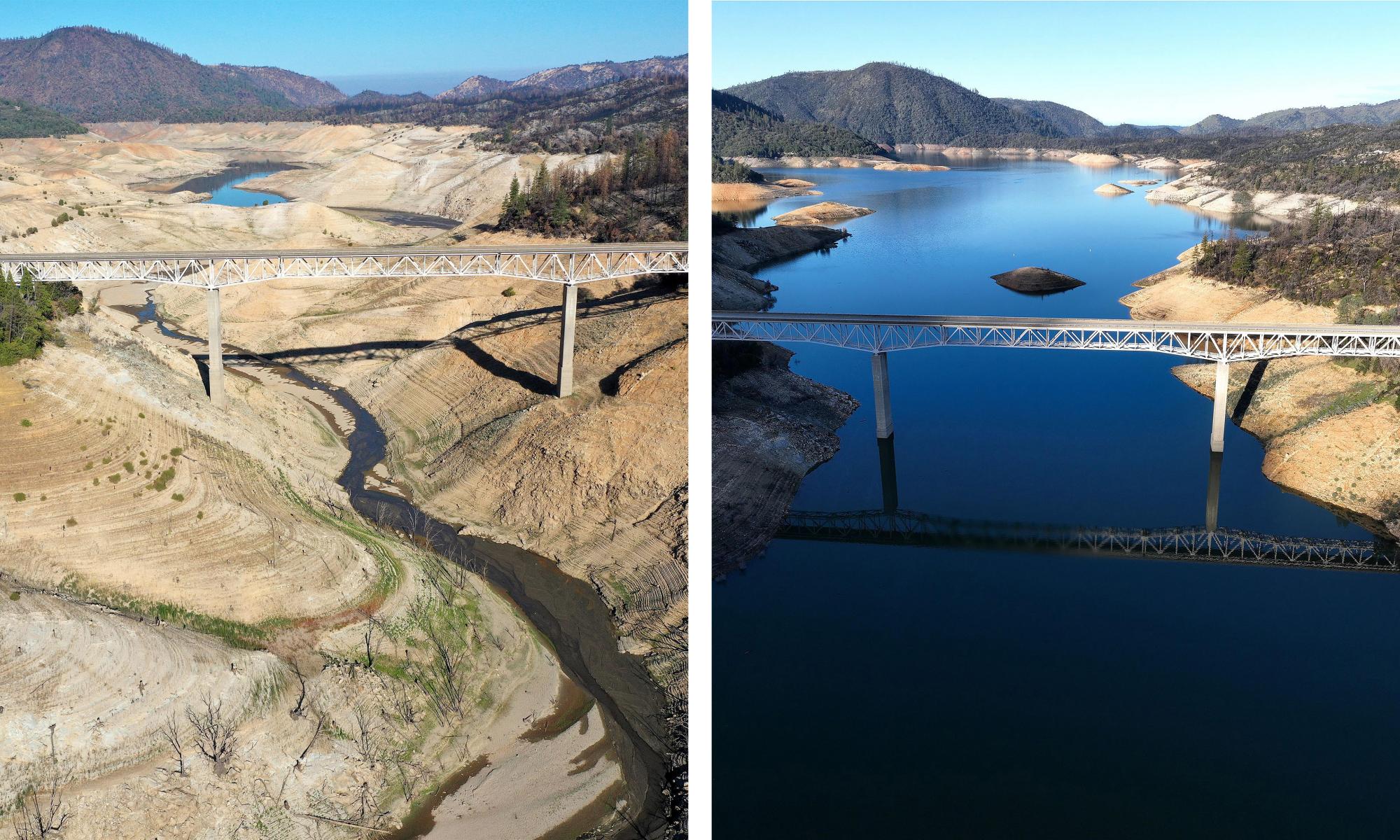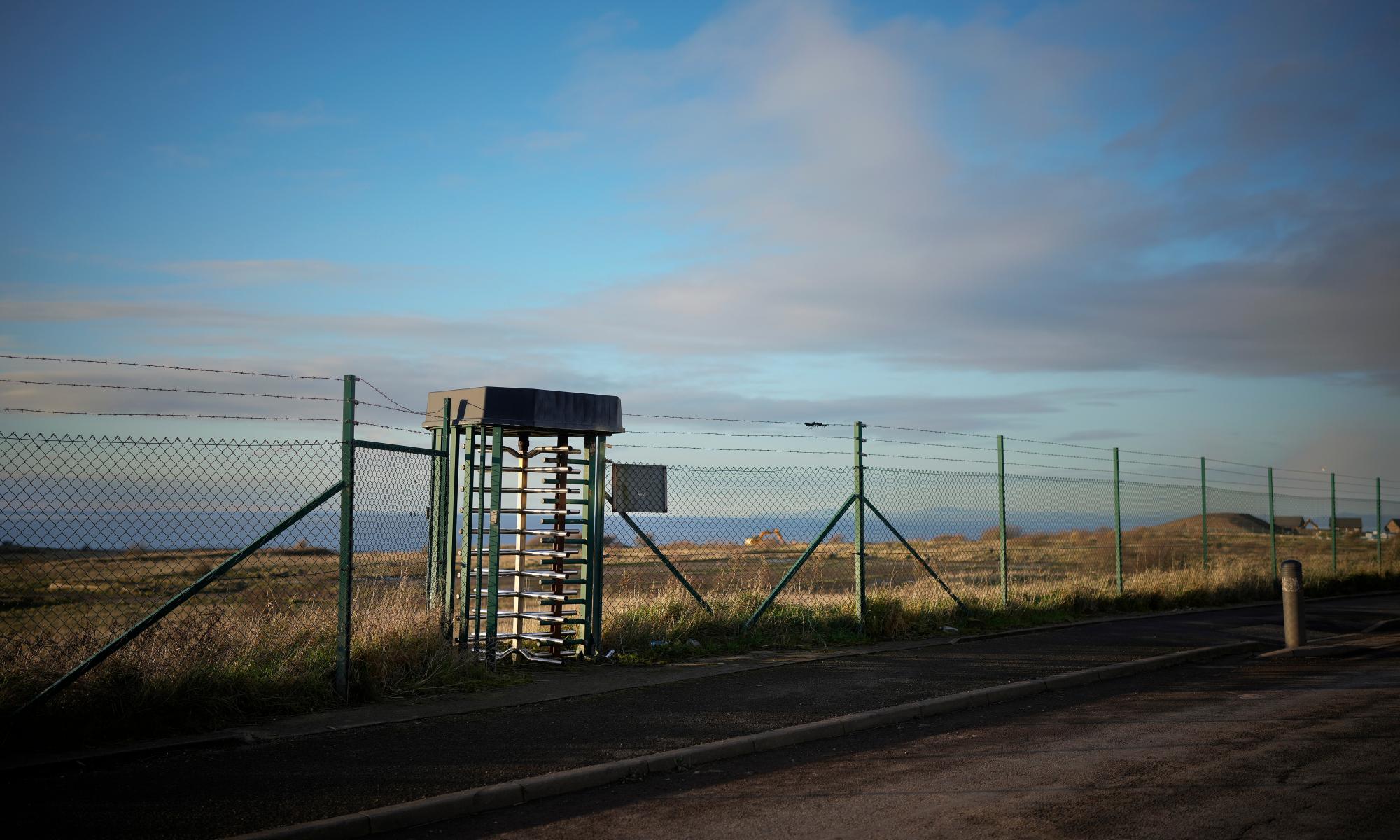As a parent of two children, aged nine and 12, I read with deep concern, though not surprise, your article on the rise of climate anxiety among young people (Take action to reduce anxiety, psychologists advise, 10 February).
I remember vividly the Guardian’s coverage of the Earth Summit in 1992 and the prof ound impact that had on me at the age of 26. Many climate marches and lifestyle changes later, I find myself also at a point of near despair when I look around at the abundance of poorly equipped, scientifically and socially illiterate leaders we have around the globe. They are not fit for the enormous task of beginning to fix our world – they are certainly not looking out for the next generation – and yet people my age seem to be voting for them in ever greater numbers.
The legacy that Trump, Morrison, Bolsonaro, Johnson and their ilk are leaving our kids is a loss of hope. And when people lose hope, they often give up. Without a mass awakening by the voters (and non-voters) who are perpetuating this situation, I believe that the status quo they’re all so desperate to maintain will be abandoned en masse by those who will never benefit from it, long before the full ravages of climate change hit us.
David Summers
Bristol
• Readers may be interested to know that the Climate Psychology Alliance has for the last 10 years been providing support, conducting research and running workshops on all aspects of the climate crisis and our emotional responses. The CPA runs a nationwide network offering free therapeutic support to those troubled by climate issues, is actively engaged in work with parents and children, has a diverse programme of workshops and activities, and has a flourishing website with podcasts, advice and theoretical and personal explorations.
Rosemary Randall
Cambridge
• I agree with the psychologists that taking action is the best way to counter climate anxiety and the climate and ecological disaster. In general, working on solutions is better for us than focusing on problems.
Many good people are promoting small, individual changes which together will mean a lot. But in this emergency, we need to go much further. We must also urgently learn about large-scale solutions – the kind that government is needed for. Only by learning enough to make very specific and knowledgeable demands of government can we hope to get them to change in time.
At the grassroots level, in our own localities we need to come together to see how local (and national) practices can change to cut carbon, restore the environment and care for people. There is plenty of information to help us: the 100 changes suggested in Drawdown to reverse global warming; Catherine Rowett’s report on Energising the East; the work of the Leeds Climate Commission; Isabella Tree’s Wilding project; and many others. Changes that all promote a happier, healthier, more equal society.
It will be a huge task, but a heart-warming one, which will make us an informed public able to hold politicians to account, and in future perhaps vote for more sensible ones. No room for despair.
Alicia Hull
Roughton, Norfolk
• One way of managing the trauma associated with awareness of the scale of the climate crisis is to follow the Extinction Rebellion model of forming affinity groups and creating a regenerative culture.
However, extended families are existing affinity groups and are well placed to offer the necessary mutual support, and frame collective actions. Family groups cover all generations and span continents. A model for family emergency declarations can be found at familyclimateemergency.net.
The world’s population is said to be connected through six levels of separation. Blood is thicker than water so more familial connections would be needed to cover the globe, but these connections carry obligations and responsibilities.
Daniel Scharf
Drayton, Oxfordshire
• Join the debate – email guardian.letters@theguardian.com
• Read more Guardian letters – click here to visit gu.com/letters
• Do you have a photo you’d like to share with Guardian readers? Click here to upload it and we’ll publish the best submissions in the letters spread of our print edition


